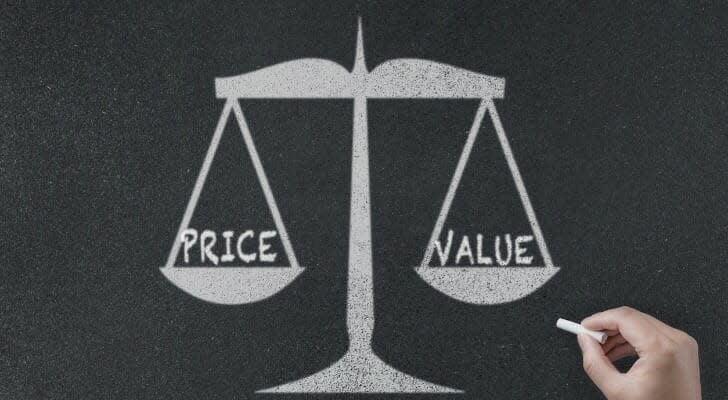How the Valuation of a Business is Determined

Valuation comes in handy if you want to determine your company’s worth or acquire another business. A company’s valuation determines the value of a business, and it’s worth knowing if you’re about to make a transaction. There are a few different methods for valuation, depending on your industry and who is evaluating your business.
Valuation at a Glance
Business valuation could include an analysis of company’s management. It may require a look at future earnings prospects and current capital structure. Lastly, it may take into account the fair market value of a company’s assets.
Financial statements and discounting cash flow models are just some of the methods used for company valuation. However, the IRS requires business valuation based on fair-market value. That valuation will determine how shares of a company will be taxed in the event of a sale or acquisition.
Valuation in Practice
It isn’t a great idea for a business owner to perform their own business valuation. If you think you’re going to have a hard time valuing a business objectively, look into a Chartered Business Valuator (CBV) from the American Society of Appraisers (ASA) or speak to a financial advisor who can point you in the right direction.
A valuation can be based off of asset value or potential earnings value. It may also focus on market value or combination of all of the values above. As a result, there are numerous approaches to business valuation.
Valuation Methods
While this isn’t an exhaustive list of strategies, the following represent just some of the methods used in business valuation:
1. Book Value
Checking a company’s balance sheet is one quick way to discern its value. The book value is a company’s total assets minus total liabilities. It’s also referred to as a going concern asset-based approach.
2. Liquidation Value
This method answers one question: How much net cash would a be worth if it was liquidated and its liabilities were paid off.
3. Capitalization Past Earnings
Using past earnings, this method estimates future growth while factoring in normal expenses. It then multiplies normal cash flow by a capitalization factor, or the expected rate of return once risk is considered.
4. Market Value

A market valuation compares a company to similar businesses that have recently sold. Similar to property sale comparisons in real estate, this method works best if similar companies have been sold recently. If competition is sparse, however, you may want to consider a different method.
5. Market Capitalization
Market capitalization is often included in a publicly traded company’s share summary. It is calculated by multiplying the share price by the number of shares outstanding.
On July 1, 2019, Apple shares were valued a $201.55. With more than 4.6 billion shares outstanding, that gave Apple market capitalization (or a “market cap”) of $927.35 billion.
6. Times-Revenue Method
This formula uses a multiplier of current revenue to determine a company’s maximum value. That multiplier is based on variables including the industry the company is in and the state of the economy at the time.
Using company earnings from the last 12 months as a base, this method multiplies that revenue accordingly. Sometimes the multiplier is lower than earnings; sometimes it more than doubles revenue. A tech company with $500,000 in earnings might be worth 3x revenue — or $1.5 million.
However, since revenue and profit don’t always equate, this method may not yield a true valuation.
7. Discounted Cash Flow (DCF)
This is perhaps the most reliable valuation, but it’s also one of the most complex. DCF measures how much cash a business brings in each year and projects that cash flow into the future. It then discounts that potential cash flow to the current day.
DCF isn’t easy, but Warren Buffet swears by it.
Bottom Line

A company’s value may rely more than one formula. Try to take different valuations into account, and base your decisions off of those varied figures.
Tips for Business Valuation
If you’re looking to invest in a company, it’s best to review all your options with an expert. Finding the right financial advisor that fits your needs doesn’t have to be hard. SmartAsset’s free tool matches you with financial advisors in your area in 5 minutes. If you’re ready to be matched with local advisors that will help you achieve your financial goals, get started now.
Photo credit: ©iStock.com/zhz_akey, ©iStock.com/dblight, ©iStock.com/wutwhanfoto
The post How the Valuation of a Business is Determined appeared first on SmartAsset Blog.
